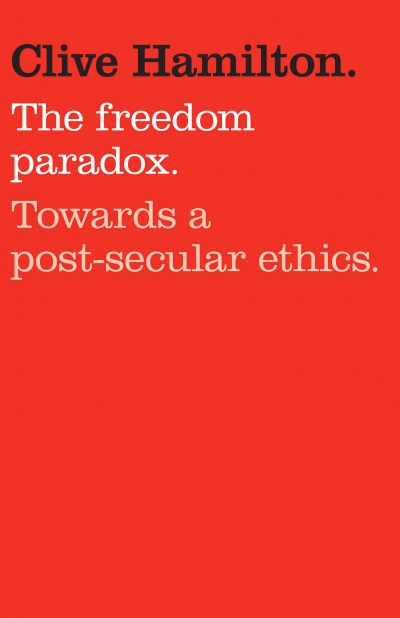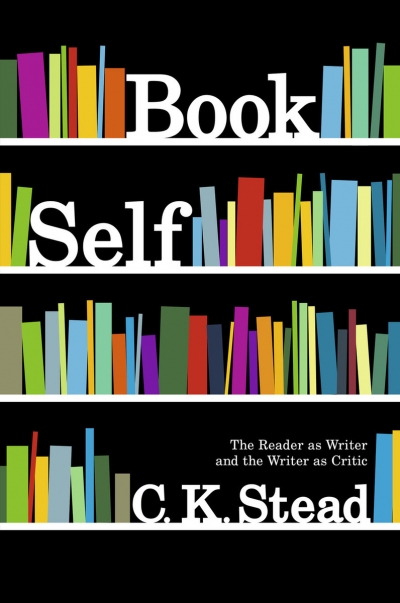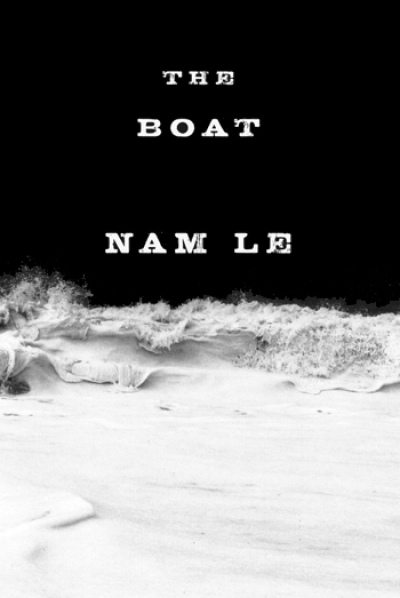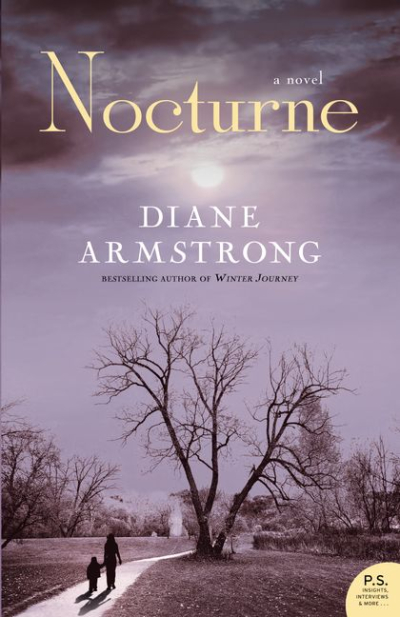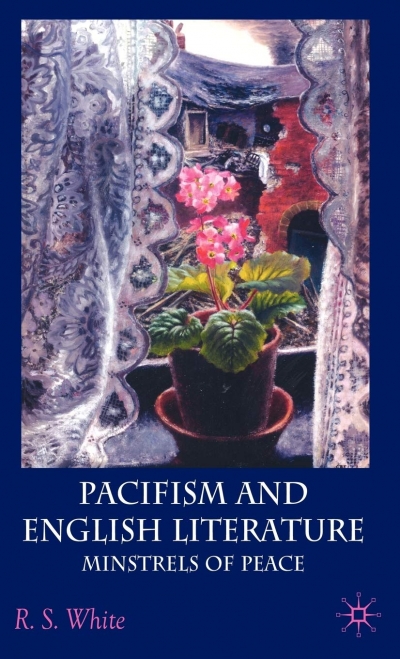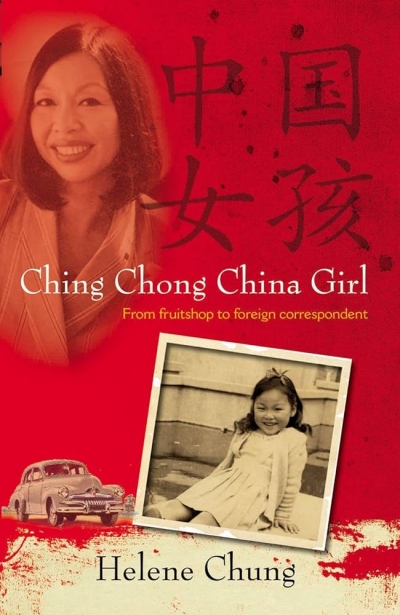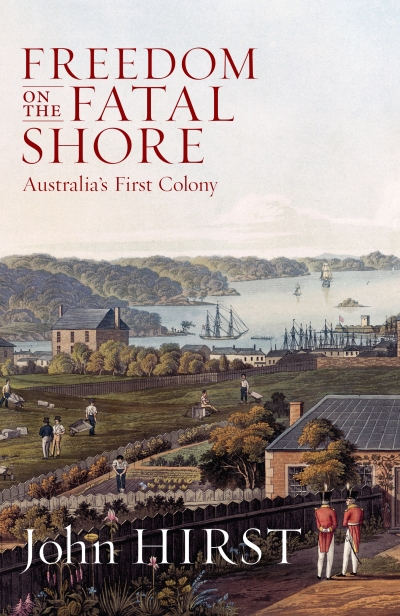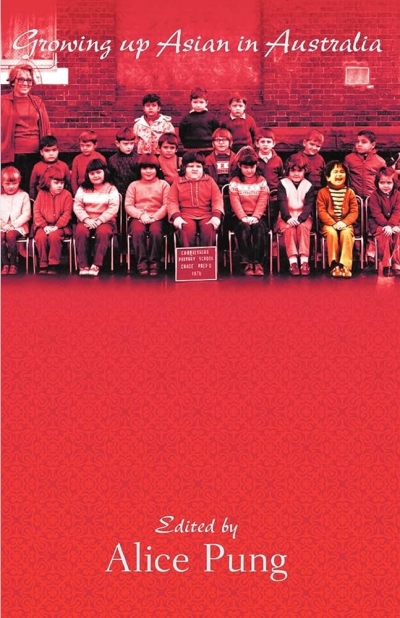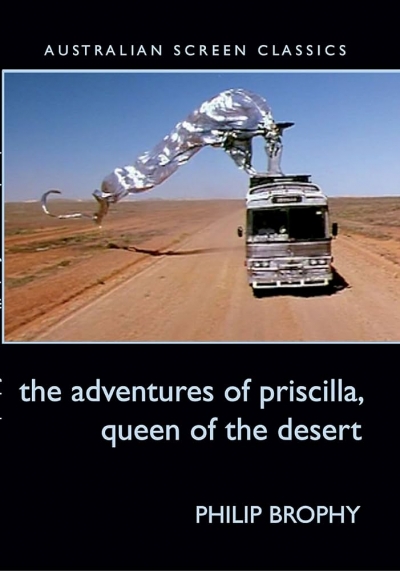Archive
I was always going to be a novelist. At the age of six, I wrote fiction about a Willie Wagtail, whose best friend was an ant (even then I had a good grasp on relationships). Several years later I had moved on to human protagonists, mainly young girls living at boarding school and excelling at ballet. I had no experience of either, but I had my dreams. As an adolescent I wrote stories about homelessness and drug addiction, once again from vicarious experience. Then I went to university to do a literature degree and realised that great Australian novelists were serious, learned and (then) mostly male. I still wanted to write my novel, but I decided to live a bit first.
... (read more)The Freedom Paradox: Towards a post-secular ethics by Clive Hamilton
by Geoff Gallop •
Book Self: The reader as writer and the writer as critic by C.K. Stead
by Gregory Kratzmann •
Pacifism and English Literature: Minstrels of peace by R.S. White
by Robert Phiddian •
Ching Chong China Girl: From fruit shop to foreign correspondent by Helene Chung
by Joan Grant •
Freedom On The Fatal Shore: Australia's first colony by John Hirst
by Peter Cochrane •
The Adventures of Priscilla, Queen of the Desert by Philip Brophy & The Chant of Jimmie Blacksmith by Henry Reynolds
by Brian McFarlane •

